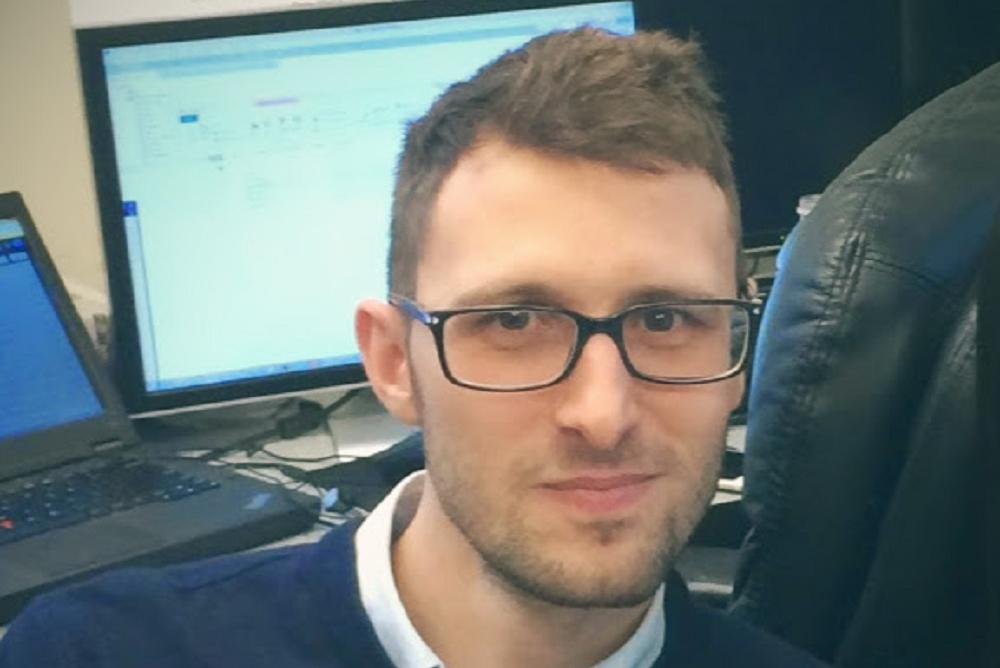Arts & Sciences Events
[PAST EVENT] Michele Tufano, Computer Science - Final Defense
Location
Integrated Science Center (ISC), Room 1127540 Landrum Dr
Williamsburg, VA 23185Map this location

Abstract:
Source code evolves – inevitably – to remain useful, secure, correct, readable, and efficient. Developers perform software evolution and maintenance activities by transforming existing source code via corrective, adaptive, perfective, and preventive changes. These code changes are usually managed and stored by a variety of tools and infrastructures such as version control, issue trackers, and code review systems. Software Evolution and Maintenance researchers have been mining these code archives in order to distill useful insights on the nature of such developers’ activities. One of the long-lasting goal of Software Engineering research is to better support and automate different types of code changes performed by developers. In this thesis we depart from classic manually crafted rule- or heuristic-based approaches, and propose a novel technique to learn code transformations by leveraging the vast amount of publicly available code changes performed by developers. We rely on Deep Learning, and in particular on Neural Machine Translation (NMT), to train models able to learn code change patterns and apply them to novel, unseen, source code.
First, we tackle the problem of generating source code mutants for Mutation Testing. In contrast with classic approaches, which rely on handcrafted mutation operators, we propose to automatically learn how to mutate source code by
observing real faults. We mine millions of bug fixing commits from GitHub, process and abstract their source code. This data is used to train and evaluate an NMT model to translate fixed code into buggy code (i.e., the mutated code). In the second project, we rely on the same dataset of bug-fixes to learn code transformations for the purpose of Automated Program Repair (APR). This represents one of the most challenging research problem in Software Engineering, whose goal is to automatically fix bugs without developers’ intervention. We train a model to translate buggy code into fixed code (i.e., learning patches) and, in conjunction with Beam Search, generate many different potential patches for a given buggy method. In our empirical investigation we found that such a model is able to fix thousands of unique buggy methods in the wild.Finally, in our third project we push our novel technique to the limits and enlarge the scope to consider not only bug-fixing activities, but any type of meaningful code changes performed by developers. We focus on accepted and merged code changes that undergone a Pull Request (PR) process. We quantitatively and qualitatively investigate the code transformations learned by the model to build a taxonomy. The taxonomy shows that NMT can replicate a wide variety of meaningful code changes, especially refactorings and bug-fixing activities.
In this dissertation we illustrate and evaluate the proposed techniques, which represent a significant departure from earlier approaches in the literature. The promising results corroborate the potential applicability of learning techniques, such as NMT, to a variety of Software Engineering tasks.
Bio:
Michele Tufano is a Ph.D. candidate at William & Mary. He is a member of the SEMERU Research Group and is advised by Dr. Denys Poshyvanyk. He received a Bachelor degree in Computer Science (cum laude) from the University of Salerno in 2012 and a Master degree in Computer Science (cum laude) in Computer Science from the University of Salerno in 2014. His research interests include the application of Deep Learning techniques to Software Engineering tasks such as Automated Program Repair, Software Testing, Maintenance and Evolution. He also worked on Android Testing, Mining Software Repositories, Code Quality and Software Building.
